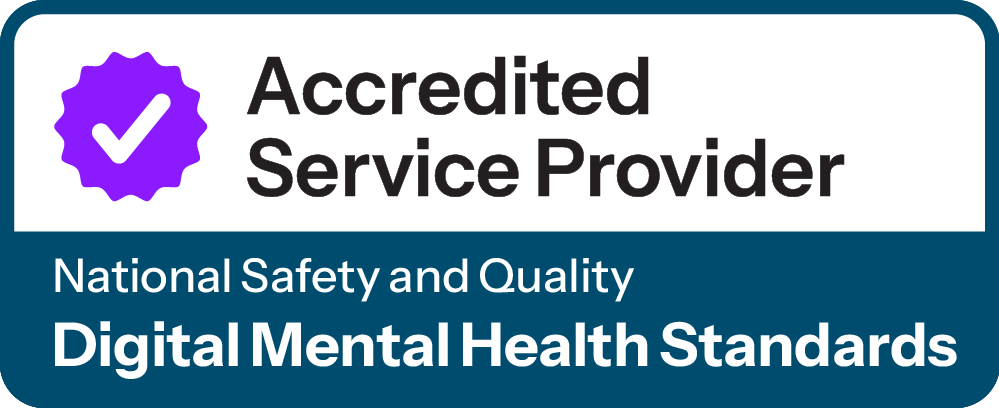Over the weekend, people across the country headed to the polls to have their say, deciding who would form our Government for the next three years.
While the counting continues and some seats are too close to call, the overall result is clear - the Labor Party will form a majority government in the next Parliament.
I’d like to congratulate Prime Minister Albanese, the incoming Government and all newly elected or returning MPs and Senators.
As Australia’s leading digital youth mental health service, we look forward to collaborating with the new government to develop services that are needed to address the current youth mental health crisis this country is facing.
And now that the election is over, the hard work can begin.
Throughout this election campaign, mental health was firmly on the agenda. We saw both major parties announce policies to address the burgeoning mental health crisis impacting Australia. These announcements had a particular focus on young people and the “missing middle”.
These are very welcome commitments, especially at a time when rates of poor mental health in young Australians are only getting worse.
In 2023, nearly 4 in 10 people aged (16-24) years (39%) said they had experienced a mental health disorder, up from 26 per cent in 2007 (Australian Bureau of Statistics, 2020-2022).
Australia is facing a youth mental health emergency.
Today, more than one in three young people in Australia is currently experiencing a mental health difficulty. On top of that, suicide remains the leading cause of death for people aged 16 - 24.
Perhaps what’s most concerning about these statistics is that many of the young people experiencing these challenges don’t reach out for help. More than one million young people across the country are not seeking support.
There are several reasons why young people might not get the support they need.
For some, self-stigma and misconceptions about help-seeking remain a key barrier to accessing support, but for far too many, the problem stems from a lack of affordable and accessible services.
Our 2023-24 Social Impact Report found that three in four (74%) young people using ReachOut’s services had experienced barriers accessing support elsewhere.
Almost two in three (60%) can’t afford help, while 49% can’t get into a service because it’s at capacity.
One in four (25%) aren’t seeking support because there are no services available in their area.
To combat this mental health crisis, the incoming Government must invest in services that break down these barriers to support and ensure young people get the help they need.
I urge the new Government to consider further investment in early intervention and digital services that meet young people where they are and stop the downward spiral of poor mental health, before they reach a crisis point. We need bold leadership that recognises that preventing mental-ill health is better for young people, their families and the mental health system than waiting until challenges are severe enough to treat.
Digital has the power to build a mental health system that responds to the unique needs of everyone in Australia, to efficiently reach them where they are and offer impactful services tailored to their specific support requirements.
Mental health is a complex problem, but Australia has the opportunity to be a leader in this space by harnessing new digital technologies and building a responsive and collaborative support system that provides people with the help they need, when they need it.
We look forward to working with the Government closely on this over the next few years.






